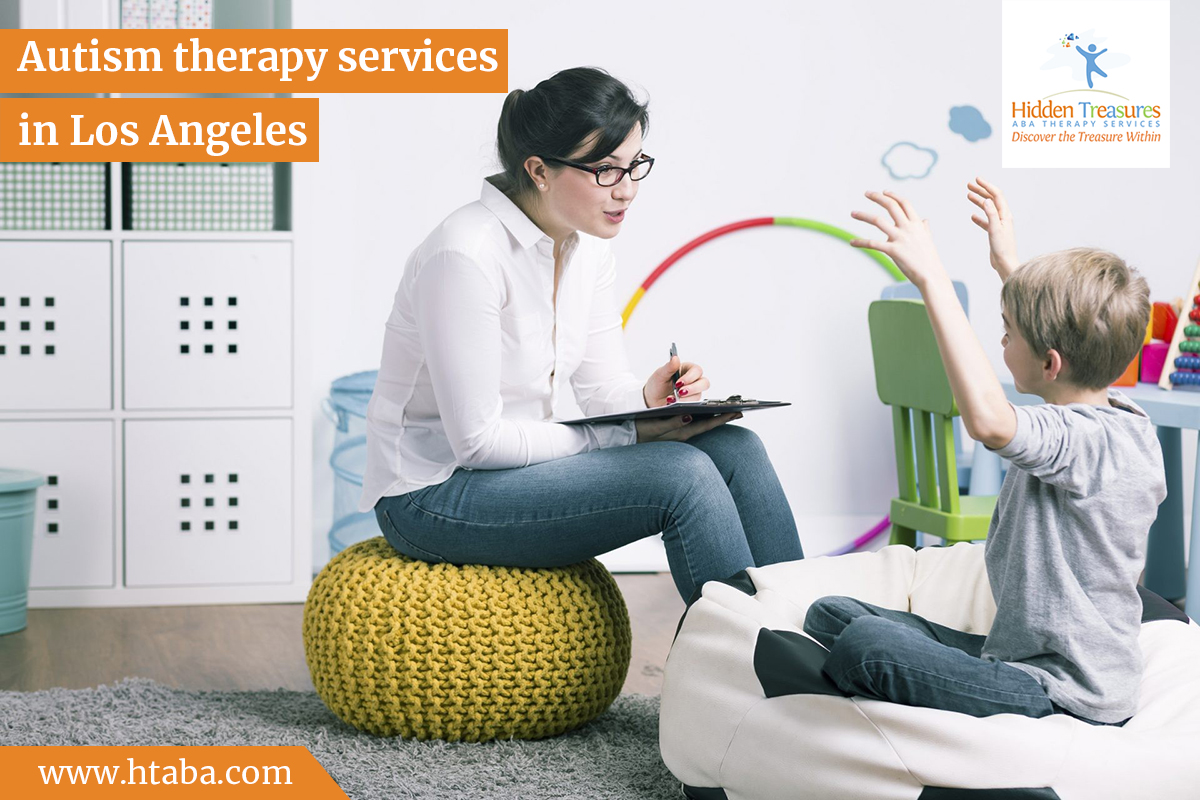How parents can manage meltdown in autistic children
Managing tantrums and meltdowns can be tough. When this happens, parents and caregivers often question how to soothe their autistic child.
What are the Causes of Autism Meltdowns in Children?
We should start by defining what a meltdown is. A meltdown is a person's extreme reaction to stressful events. When a person gets overwhelmed by their current situation, this can happen. It may result in a loss of control.
This can be demonstrated in a variety of ways. Loss of control can be expressed verbally, such as yelling or sobbing, or physically, such as kicking or biting. In some circumstances, the response could be either positive or negative. This is an excellent opportunity to clarify that autistic meltdowns and temper tantrums are not the same thing. If you are looking for ABA therapy near me, to understand how to differentiate between meltdown and tantrum, this article will be of help. When you're seeking for strategies to soothe an autistic youngster, you can run across tantrums. Sometimes, in autism behavioral therapy, parents can learn about the necessary ways to pacify their kids when they are having a meltdown.
There could be a few underlying causes for your collapse. It can be prompted by a variety of issues.
Understanding what prompts autism behaviour is crucial to understanding how to soothe an autistic youngster. Some of the most common causes of meltdowns include:
- Outbursts - can be caused by a lack of focus or an inability to endure boredom in people with ADHD.
- Learning difficulties - A learning disorder can lead to frustration and meltdowns.
- Anxiety - this is another significant factor. When a child is confronted with an unpleasant scenario, he or she may get overwhelmed.
- Sensory difficulties - this causes youngsters to get overwhelmed, which leads to meltdowns.
- Lack of situational awareness - Children who are unable to cope with particular events or emotions may have meltdowns.
- Refusing to interact or withdrawing from difficult situations are two less visible alternatives.
How do you calm down an autistic child who is having a temper tantrum?
An individual's breakdown is usually a reaction to being overwhelmed. The first step in learning how to calm an autistic child is to figure out what is causing them to become overwhelmed.
- Meltdowns could be avoided in the future by pinpointing the trigger. Keep a diary to see if you have meltdowns at specific times or places. However, there are some things that may be done to quiet down an autistic child who is having a meltdown. Here are a few pointers and strategies to consider:
- Create a relaxing routine: Having a relaxing routine in place for the autistic child could help them calm down even more, despite the fact that the meltdown may empty them of energy. This practise could involve pictures or music that the youngster enjoys, as well as a weighted blanket.
- First and foremost, meltdowns can inadvertently harm both the child and those around them. Children with autism, for example, may fall or bump their heads, as well as hit or bite you. It could be a good idea to have a plan in place to keep things safe throughout the meltdown.
- Keep a diary: Keeping track of when and where the meltdown occurs will help you avoid it in the future. This may also be beneficial in that you will be able to recognise the signals of a meltdown ahead of time and begin the calming routine to de-escalate the situation. If you know what causes meltdowns, you might be able to prevent them.
- Keep your cool: It's critical that you don't add to the tension by acting aggressively when your child is suffering a tantrum. Meltdowns are difficult, but they are a part of autism. The greatest way to assist is to learn how to deal with them and have a plan in place.
Find out more about autism and its related concerns at https://htaba.com





Comments
Post a Comment